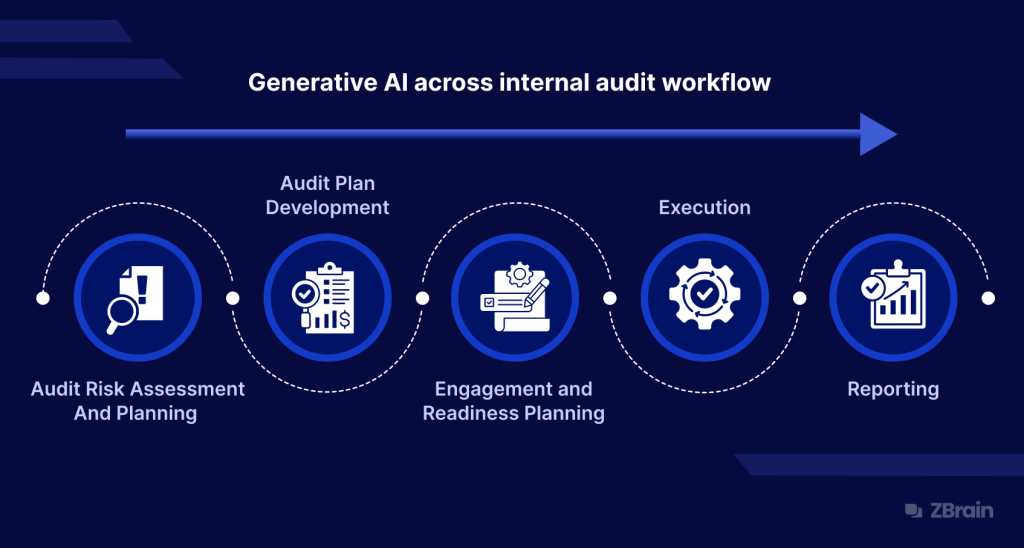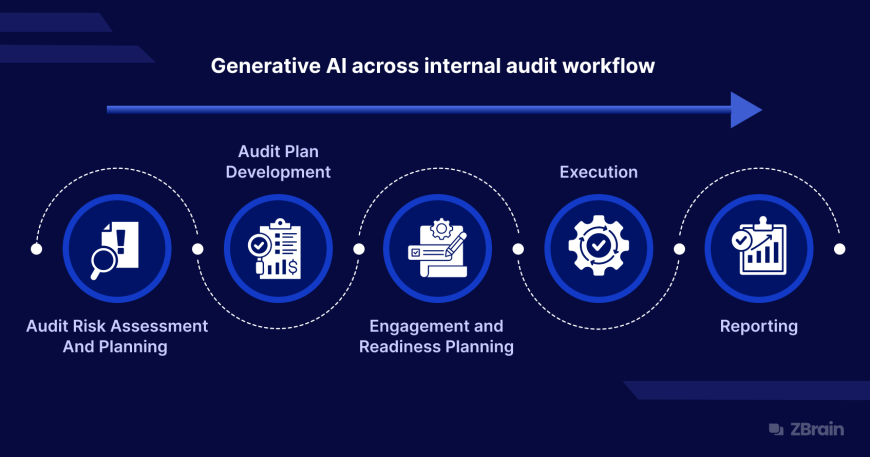
In today’s fast-paced digital environment, organizations are under increasing pressure to enhance efficiency, ensure compliance, and deliver deeper insights—all while managing risk. Artificial Intelligence (AI) is emerging as a powerful tool that can redefine the internal audit function, turning it from a traditionally retrospective activity into a forward-looking, real-time assurance mechanism.
At RKCO East Africa Consulting, we believe AI is not just a trend—it’s a strategic enabler for modern internal audit functions. Here’s how AI can transform internal audits:
1. Automated Data Analysis and Anomaly Detection
AI-powered tools can analyze vast volumes of structured and unstructured data in seconds—something that would take human auditors weeks. Machine learning algorithms can detect anomalies, patterns, and trends that signal potential risks, fraud, or inefficiencies, helping auditors focus on high-risk areas.
2. Continuous Auditing and Monitoring
With AI, internal audits are no longer confined to periodic reviews. AI enables continuous auditing by monitoring transactions in real-time, providing immediate alerts when controls are breached or unusual activity is detected. This shift significantly reduces the risk exposure window.
3. Enhanced Risk Assessment
AI enhances risk assessments by drawing insights from diverse data sources—internal systems, external databases, social media, and more. It helps auditors identify emerging risks, evaluate their potential impact, and prioritize audit activities based on data-driven insights.
4. Natural Language Processing (NLP) for Document Review
AI can read and interpret documents using NLP, enabling faster analysis of contracts, policies, emails, and other texts. This capability speeds up compliance checks, identifies inconsistencies, and improves audit documentation and reporting quality.
5. Improved Decision Making
AI provides predictive analytics that support decision-making by forecasting future risks and performance outcomes. This allows internal audit teams to become strategic advisors, offering insights that help leadership drive business improvements.
6. Increased Audit Coverage with Fewer Resources
By automating repetitive and time-consuming tasks, AI allows audit teams to expand their scope without increasing headcount. Auditors can spend more time on value-adding activities like stakeholder engagement and advisory roles.
7. Adaptive Learning and Continuous Improvement
AI systems learn from each audit cycle, improving their accuracy and relevance over time. This adaptive learning ensures that internal audits become more refined, effective, and aligned with evolving business goals.
Embracing the Future of Auditing
Integrating AI into internal audits is not about replacing auditors—it’s about empowering them. By combining human judgment with machine intelligence, organizations can elevate their audit function to meet the demands of an increasingly complex and data-driven world.
Contact us today to learn how AI can transform your internal audit process and drive sustainable business performance.





